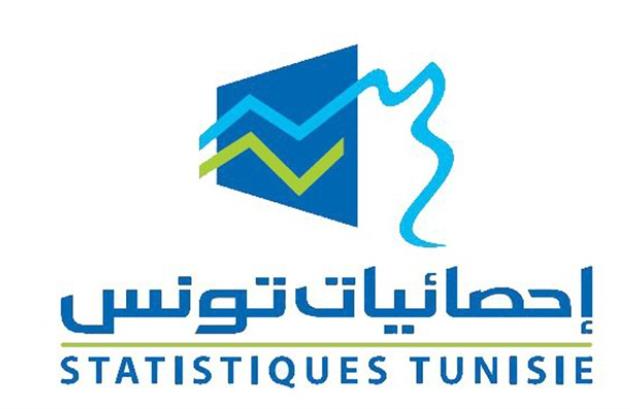|
The trade balance deficit narrowed to 1,095.4 million dinars (MD) in January 2023, against a deficit of 1,432.2 MD in January 2022, the National Institute of Statistics (INS) said Monday in its monthly publication on “Foreign Trade at current prices, January 2023”.
The coverage rate gained 7.7 points compared to January 2022 to reach 82.2%.
The INS explained that the deficit comes mainly from the deficit recorded with some countries, such as China (-586.8 MD), Turkey (-247.6 MD), Algeria (-215.3 MD), and Russia (-190.3 MD).
On the other hand, the balance of trade in goods recorded a surplus with other countries, mainly France (494.9 MD), Germany (326.3 MD), Italy (119.8 MD) and Libya (182.6 MD).
Moreover, the results show that the deficit of the trade balance excluding energy is reduced to -455.8 MD and that the deficit of the energy balance stood at -639.6 MD (58% of the total deficit) against -702.2 MD in January 2022.
//Exports increase by 21% in January 2023// According to the results of Tunisia’s foreign trade at current prices in January 2023, exports increased by 21% against +23.8% in January 2022. Exports reached the level of 5044.8 MD against 4168.3 MD in January 2022.
The growth observed in exports (+21%) in January 2023 concerns several sectors. Indeed, the exports of the food-processing industries sector increased by 16.6%, those of textiles, clothing and leather by 23.8% and those of mechanical and electrical industries by 35.7%. On the other hand, exports of the energy sector fell by 6% and those of mines, phosphates and derivatives by 20.1%.
Tunisia’s exports to the European Union (73.8% of total exports) went up by 28.4%. This evolution is explained by the jump in Tunisian exports to several European partners, such as France (16.8%), Italy (10.2%), Germany (40.6%), Spain (21.4%), Belgium (49.7%) and the Netherlands (37.6%). Exports to Arab countries grew with Algeria (81.7%) and Libya (43.9%).
//Imports grow 9.6% in January 2023//
The growth of imports (+9.6%) comes from the rise recorded in imports of raw materials and semi-finished products (+14.3%), capital goods (+14.7%), as well as consumer goods (+5.4%). On the other hand, imports of energy products fell by 7.8%. As for imports with the European Union (45.5% of total imports), they recorded an increase of 14.8% to reach 2792.2MD. Imports increased by 2% from France and by 20.8% from Germany. However, imports fell by 0.8% from Italy.
(TAP)
|
What's happening in Tunisia?
Subscribe to our Youtube channel for updates.











































